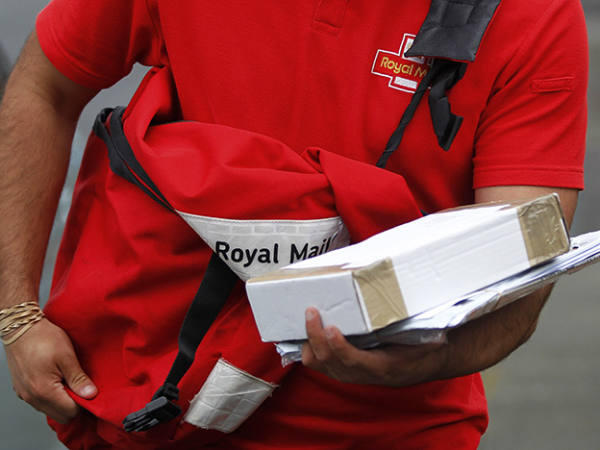The particular chefs involved in HBOS' souffle collapse were former executives, Sir James Crosby, Andy Hornby, now of Coral, and fomer-chairman Lord Stevenson. All were politely contrite before the Commission but seemed to try and use the occassion to relate a common mantra that it was a failure to foresee the Credit Crunch that did for the bank. In this analysis, the whole episode was almost a case of simple bad luck, or as Lord Stevenson put it to general astonishment: "The board missed a trick," though to be fair he did apologise for an ill-considered remark (his overall performance was particularly poor and he was branded at the end as "evasive, repetitive and unrealistic".)
After intense questioning, particularly from Andrew Tyrie, the executives finally admitted that "incompetent" lending in the corporate banking division, under the leadership of the now disgraced Peter Cummins, combined with a reliance on wholesale markets that was bigger than all the other banks put together, was what ultimately destroyed HBOS.
Some of the exchanges were tense. Sir James Crosby was asked nine times about the incompetence of HBOS' corporate lending before finally giving up:
Andrew Tyrie: "It was incompentent lending that brought this bank down? Correct or not"
Sir James Crosby: "Correct."
The figures the Commission compiled were damning of the bank's executive competence. HBOS managed to run up impairments on its loan book of 10 per cent - impairments at the next worst bank, the equally hapless RBS, were less than 5 per cent - and the average impairment in the sector as a result of the crisis was between 3 and 4 per cent. In addition, the corporate division somehow managed to lose more than £3bn in Australia, an economy that had comprehensively swerved the global recession in 2008-2009.
As shocking as the evidence is, the main function of the Banking Commission is to make recommendations to stop a situation like HBOS happening again, so the conclusions from this round of testimony could have very far-reaching consequences for the retail banking industry.
The Commission might highlight the following problems that need attention:
1) Focus on managing risk rather than process:
HBOS was not short of risk management, up to 15 people were responsible for reporting it, but poor personal relationships and a lack of representation at board level - not even the Treasurer was on the management committee - meant communications broke down in a dash for growth.
Possible solution: Get rid of "computer says no" style banking and make frontline managers responsible for setting risk.
2) Different styles of banking don't mix.
There wasn't much corporate banking experience at the very top of HBOS, most executives were retail specialists, and a complete lack of understanding between the two halves of the group seems to have been the norm. To complicate matters further, there were insurance and vehicle leasing businesses clogging the risk assessments.
Solution: Separate retail mortage banks from commercial/corporate lenders.
3) Never assume that conditions will remain the same.
HBOS executives seemed to take the sunniest possible view of global economic conditions when embarking on their lending spree. Andy Hornby said the bank had stress tested for a major recession once every 25 years, which was clearly over-optimistic given that we've endured 3 such slumps in 20 years.
Solution: Always plan for disaster, as the new Archbishop of Canterbury said at the hearing.
4) Minimum capital requirements and maximum asset growth limits should be the norm.
Solution: We are already in the process of introducing this as regulators get to work.
5) End the obsession with return on capital
The main criticism of HBOS is that its massive asset increase was clearly an attempt to boost its return on capital (ROC) ratio - most banks aim for 15 per cent. The problem with this is that the more assets you pile up, the greater the paper ROC, which is fine as long as you can fund the resultingly bloated balance.
Solution: Return of assets should be used to measure success as this prevents banks from inflating their balance sheets and focuses instead on the success of the individual use of capital.
Whether banks will ever again match their pre-crunch profits is a moot point, but we all might sleep more easily if these recommendations are carried out.











